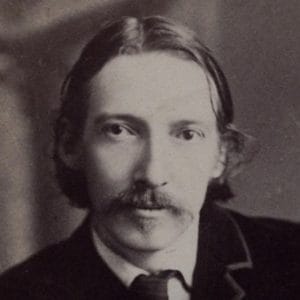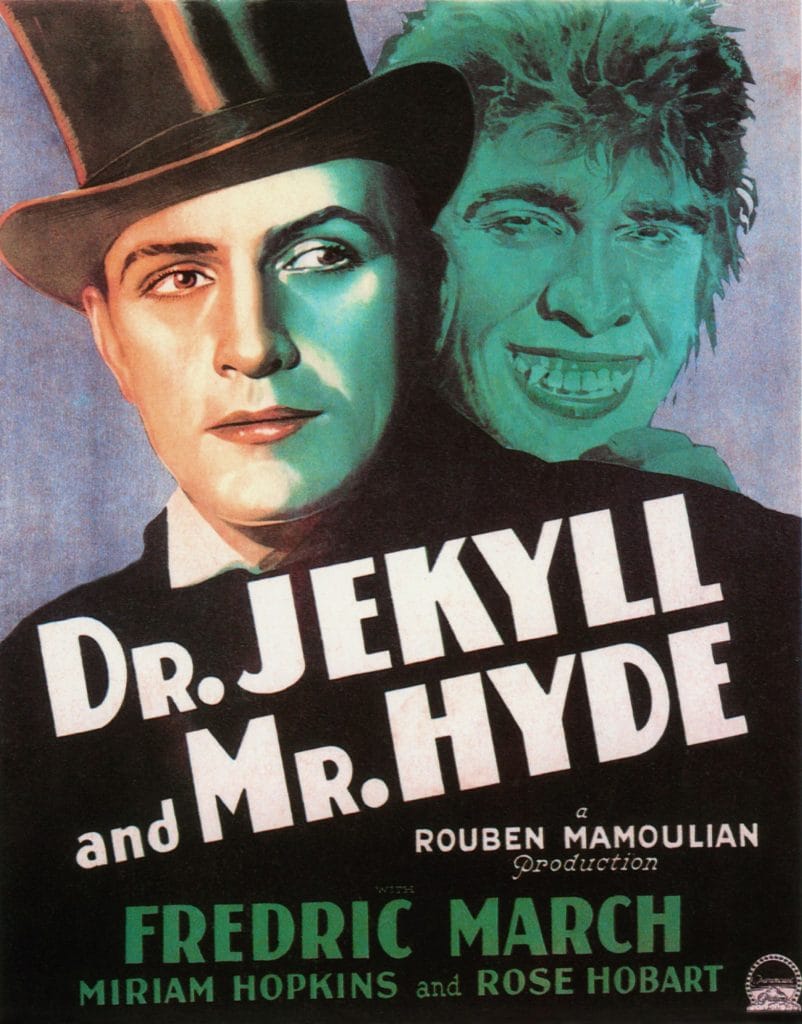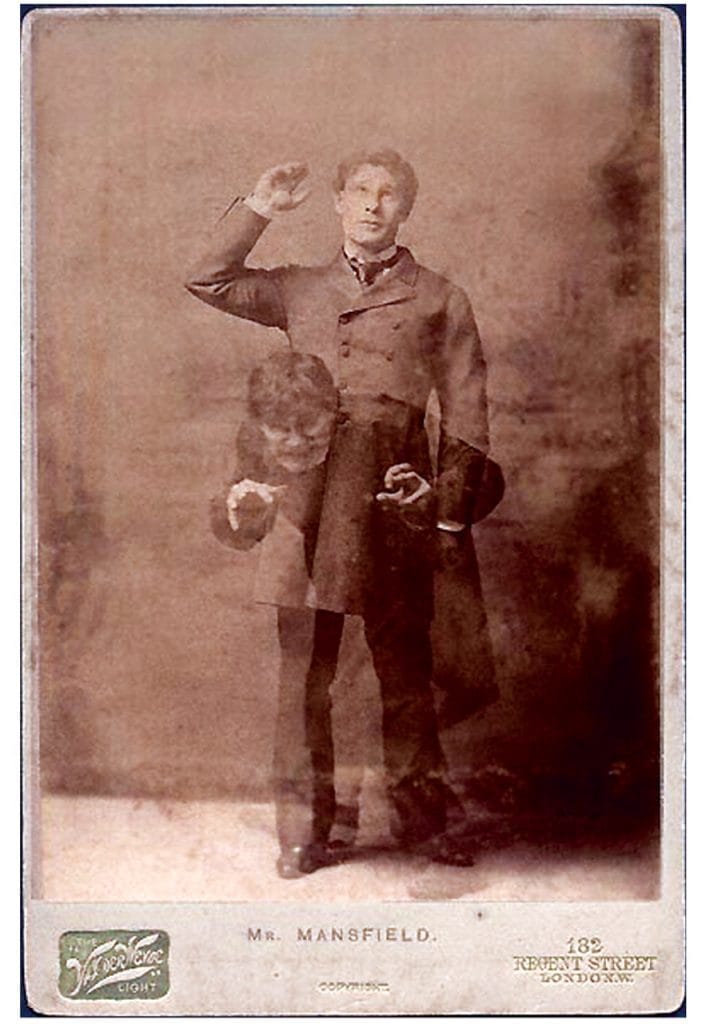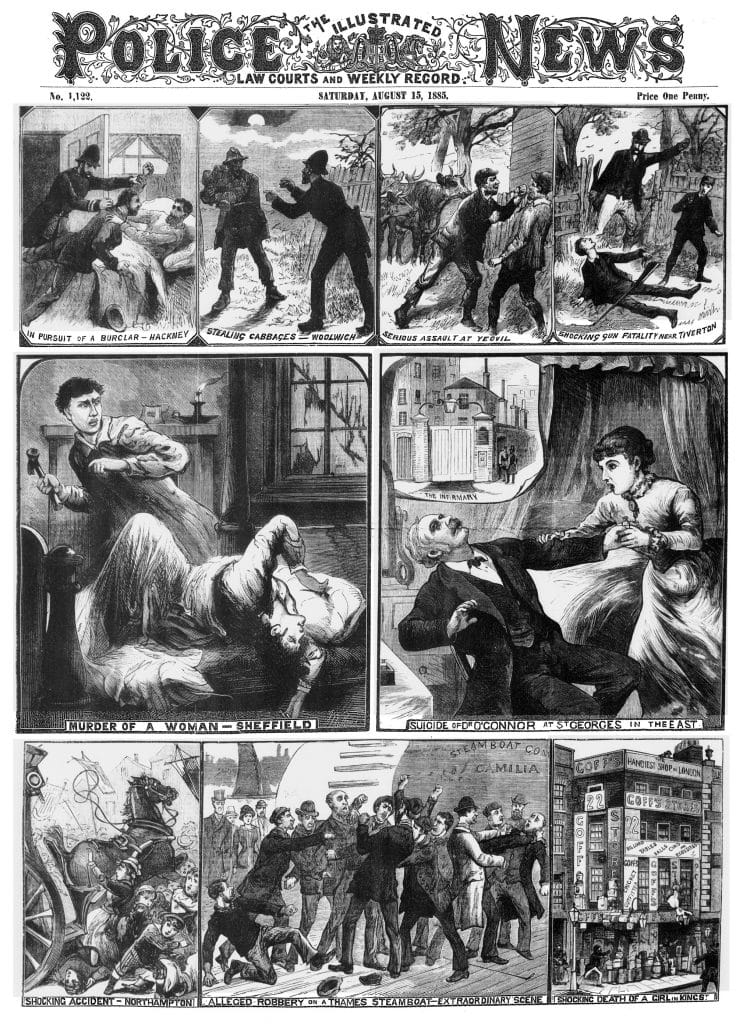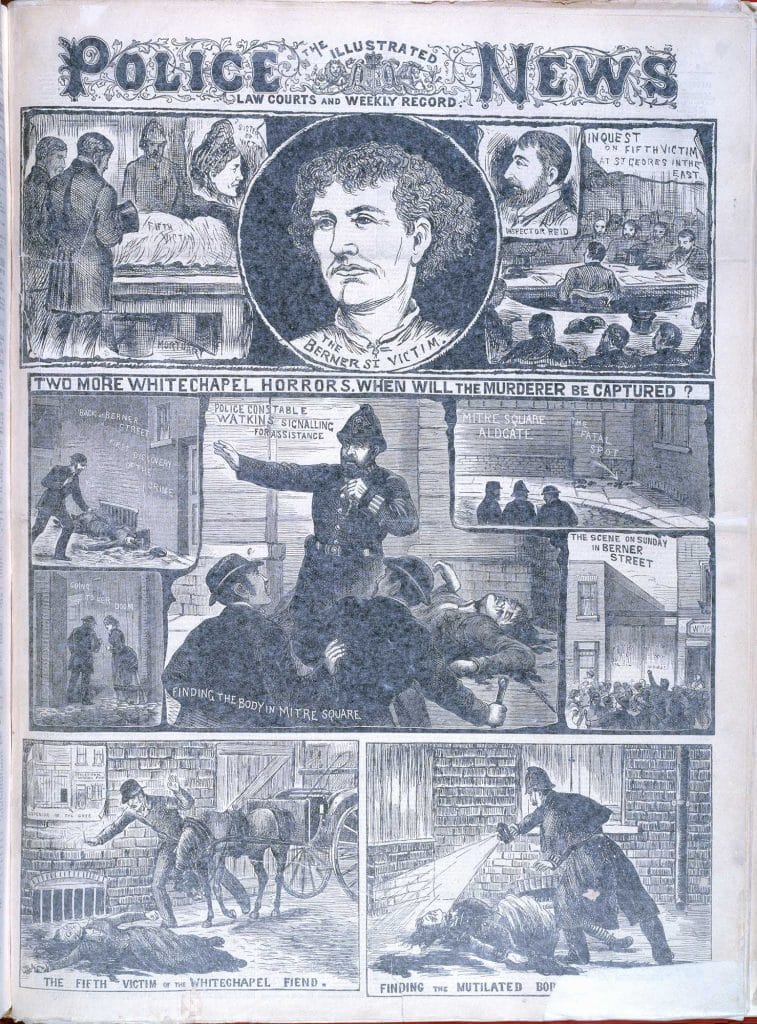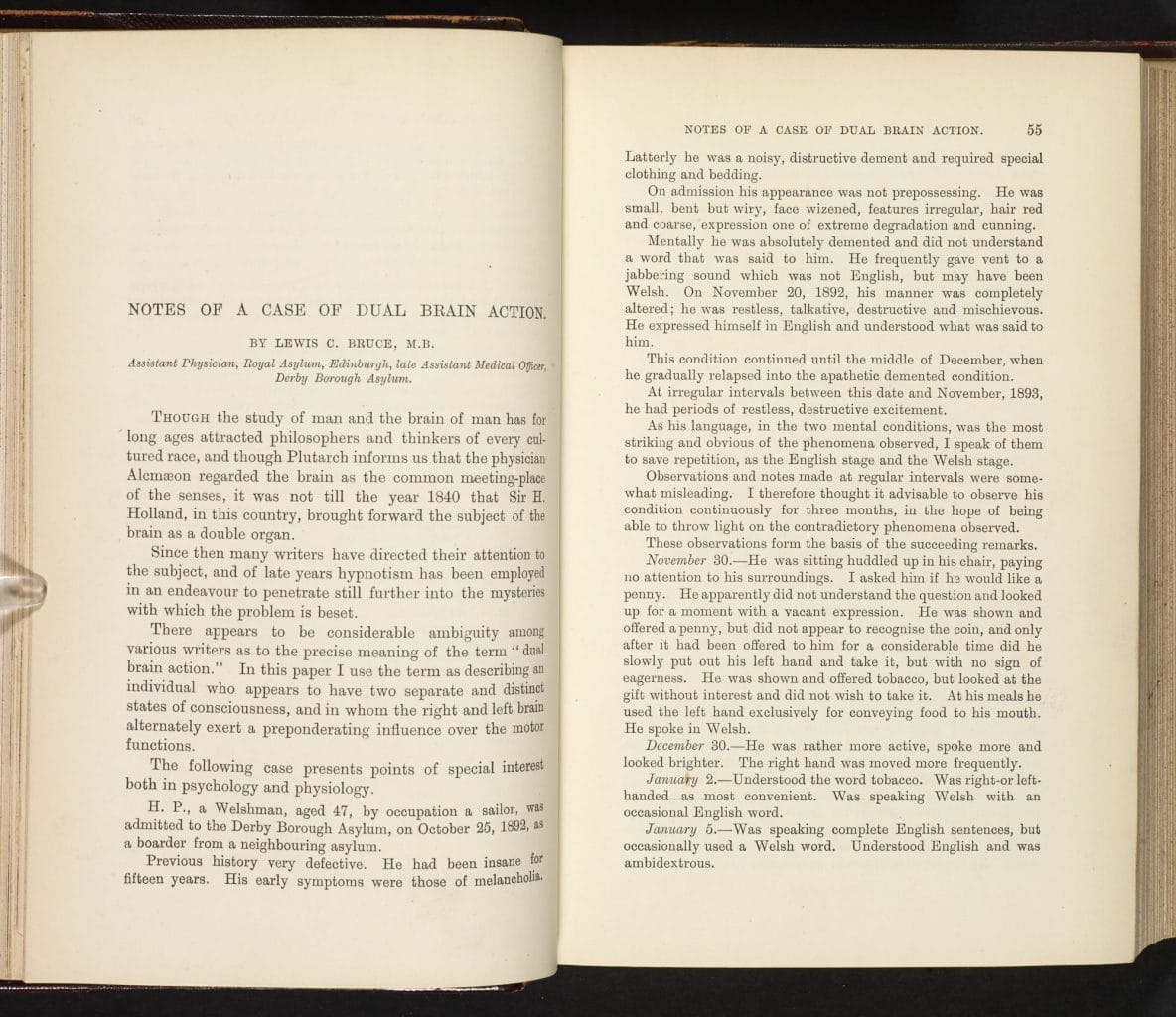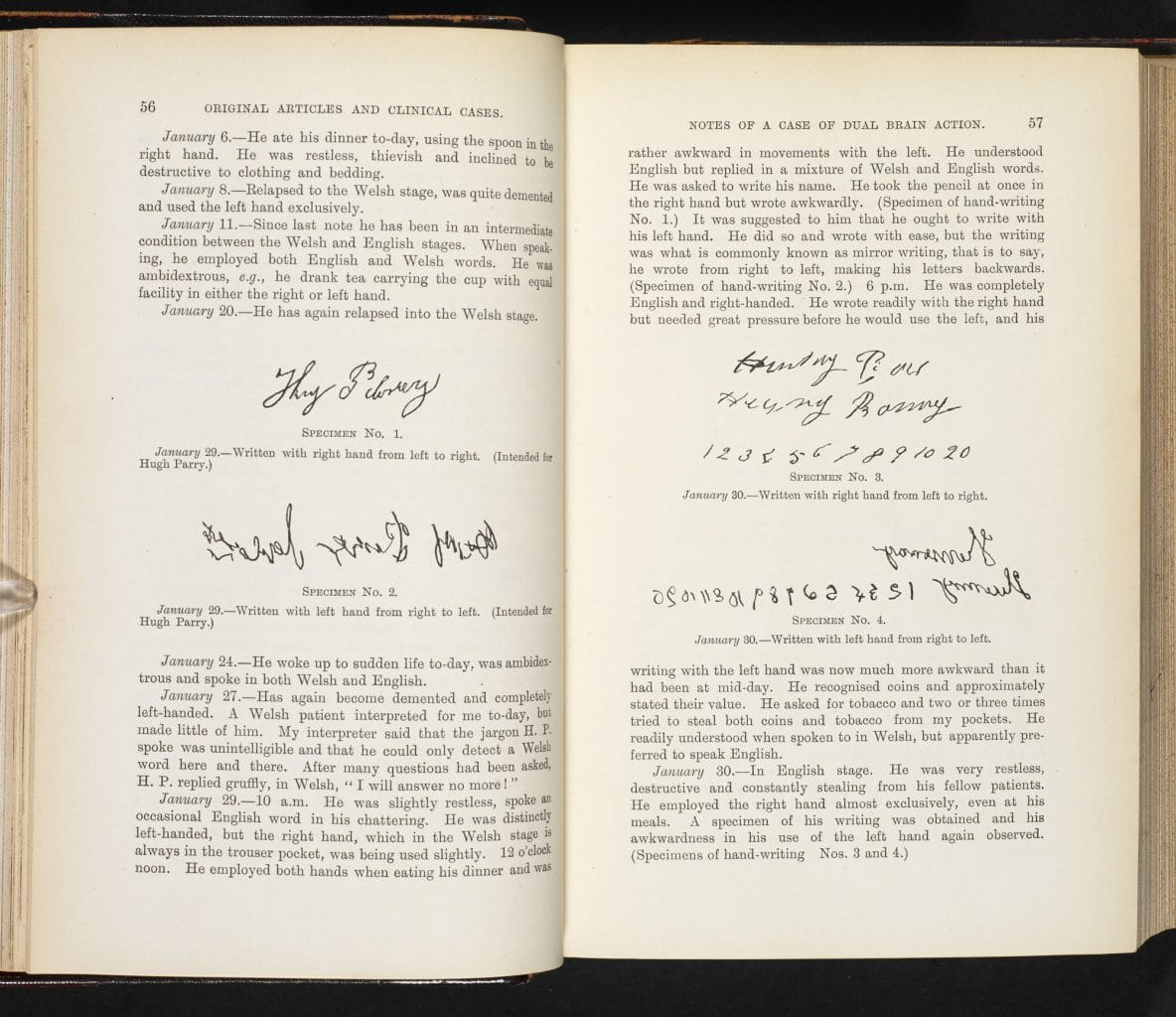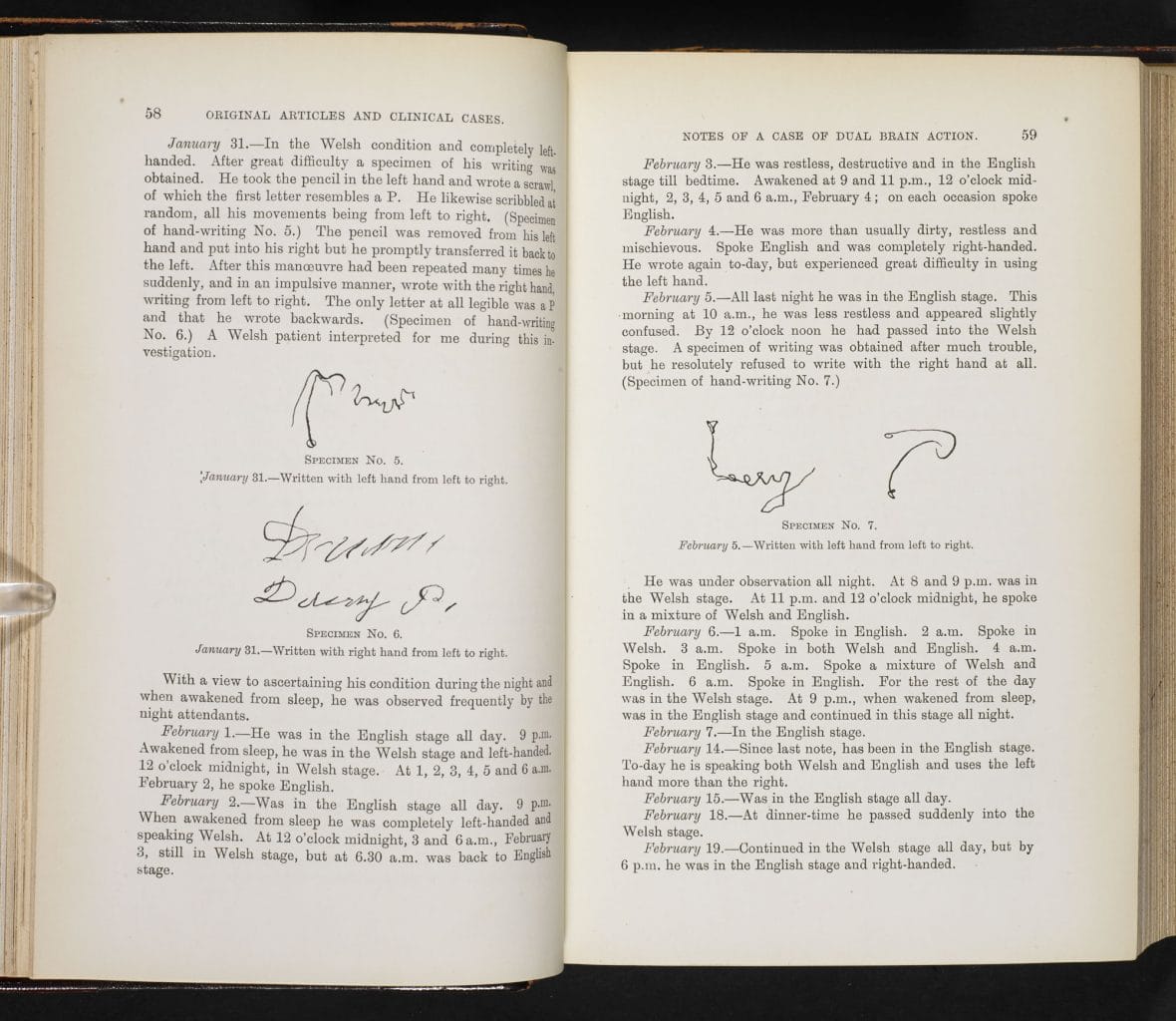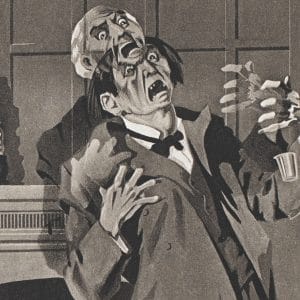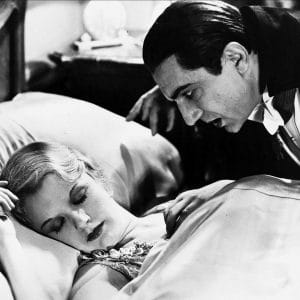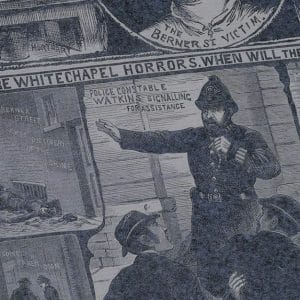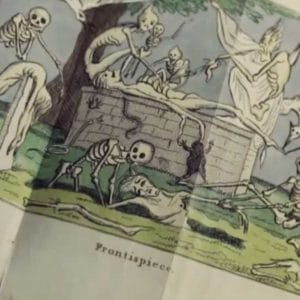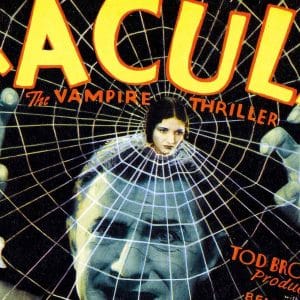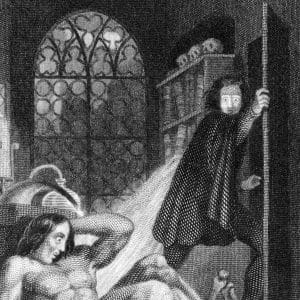
Robert Louis Stevenson’s Strange Case of Dr Jekyll and Mr Hyde
出版日期: 1886 文学时期: Victorian 类型: Gothic
A short novel by Robert Louis Stevenson , published in 1886, Strange Case of Dr Jekyll and Mr Hyde is now one of the iconic texts of Gothic literature. Stevenson wrote his allegorical novel after experiencing a nightmare, describing the story as ‘a fine bogey tale’. The novel is a sinister exploration of duality. As the author himself explained: ‘I had long been trying to write a story on this subject, to find a body, a vehicle for that strong sense of man’s double being which must at times come in upon and overwhelm the mind of every thinking creature.’
Stevenson’s most famous book, The Strange Case of Dr Jekyll and Mr Hyde, was written as a Gothic story for the Christmas market. He wrote the book in six weeks in the autumn of 1885, the result, he claimed, of a fevered nightmare he suffered while recuperating from illness. The short book did not appear until January 1886, however, because Stevenson’s wife was shocked by the first version and insisted he burn the manuscript and rewrite it. Very soon after publication it became a critical and popular success, and went on to be a global best-seller. The central idea of the book, that one man may have a ‘Jekyll and Hyde’ personality, a separation of distinct social and moral traits, seemed to say something about the strain between private and public self, personal desire and social duty, that spoke not just to middle-class professional men of late Victorian English society, but to people around the world. The book is a rare instance of the invention of a modern myth – and the story is often known in outline even by those who have never read the book. Indeed ‘Jekyll and Hyde’ has entered the English language as an idiom, used to describe persons or things of a dual character, alternately good and evil. It has of course been staged and filmed many hundreds of times.
Plot synopsis
Jekyll and Hyde is the story of an eminent London doctor, whose friends worry that he is being blackmailed by a lower-class ruffian, Mr Hyde. These friends soon establish a puzzling association between Dr Jekyll and Mr Hyde, but the doctor will not explain why he indulges his friend. Hyde, who has access to the back door of Jekyll’s substantial mansion and can draw money from his bank account, must have some power over the respectable doctor. Is he being blackmailed by a working-class tough? The professional men who surround Jekyll look on in fear and loathing as the crimes of Mr Hyde escalate – culminating in the murder of an elderly politician, Sir Danvers Carew.
The hunt finds Hyde’s lair in Soho, but the monster has vanished. As Jekyll has hidden himself away in his private laboratory, the locked door is finally forced. They find Jekyll, dead. The last chapter is a written confession revealing all: Jekyll, while investigating the duality of human nature, had discovered a potion that separated good and evil elements in his personality. Thus Dr Jekyll and Mr Hyde were in fact one and the same person! Jekyll had progressively lost the ability to control his experiment, and the dark energy of his creation had gradually overpowered his fragile civilised persona. It is unclear if Jekyll’s last act is to destroy his own monstrous creation, or if this is Hyde’s own act of self-destruction to evade punishment. Radically, it is impossible to say who exactly writes this last confession: ‘He – I cannot say I’, the text stutters.
Narrative style
The story is of a respectable London doctor who separates his primal, antisocial personality traits and embodies them in a smaller, vicious, energetic and animal self called ‘Mr Hyde’ to indulge in questionable pleasures otherwise forbidden by society. The plot, however, the way that Stevenson unfolds this story, is a complex and puzzling relay of different narrators that keeps the reader in suspense. The first readers of the book did not know that Mr Hyde was the same person as Dr Jekyll until the very last chapter, ‘Henry Jekyll’s Full Statement of the Case’. The reader is put in the position of the concerned friends who worry about Dr Jekyll’s nefarious new associate, Mr Hyde.
The double life
The brilliance of the novel is that it can be read as a conservative moral story about the dangers of leading a double life, and yet at the same time it hints at a radically new, modern and dynamic conception of the self beyond simple moral divides. The conservative version appealed to many theologians and moral arbiters of the time, who felt that late Victorian England was entering into a dangerous decadent era. Stevenson, educated in a strict Protestant doctrine, seemed to these readers to be dramatising the danger of indulgence in sinful or excessive behaviour. Like the addict the doctor in many ways resembles, Dr Jekyll’s compulsion becomes steadily worse until it spirals out of control. Priests spoke from the pulpit after the publication of the novel, reading the book as an allegory about the necessity of moral restraint.
Stevenson was certainly fascinated by men who lived double lives. He wrote a play about a notorious instance in Edinburgh – that of a respectable deacon of a church known for his good works who lived a secret life as a gambler, carouser, and bank robber until captured and hanged in 1788. The London literary society of the 1880s and 1890s had a number of men leading scandalous double lives, the most famous being Oscar Wilde, who was eventually arrested and imprisoned in 1895. At the height of its early popularity, Jekyll and Hyde was also a reference point for the notorious ‘Jack the Ripper’ murders in the East End of London. Some suspected that the murderer of the six prostitutes was a doctor conducting perverse acts of revenge. Was Stevenson offering an allegory of the dangers of attempting to separate the good and evil aspects of the soul?
The modern psyche
At the same time, Stevenson’s story of a ‘double personality’ was responding very precisely to advances in modern psychology. In the 1870s and 1880s, French doctors had used the somewhat doubtful device of hypnosis to discover that the same mind could, in some rare cases, seem to split into separate memory chains, or even identities. The case study of a woman called ‘Felida X’ fascinated doctors: her sullen, withdrawn, invalid personality could be switched, when put into a trance, into a more socially outward, amenable self. Over years of study, her doctor claimed that he had switched the places of these personalities. The French called this condition ‘double personality’. This was not a moral matter, a separation of good and evil: it was merely a question of the curious mental dissociation of different personality traits.
An English psychologist called F W H Myers was interested in this unusual phenomenon and in 1885 published an essay on what he termed the ‘Multiplex Personality’. When Myers read Stevenson’s Jekyll and Hyde he immediately wrote to the author to express his enthusiasm for a case study he saw as absolutely continuous with modern psychology. Although Stevenson demurred from saying that he was writing psychology, the novel in places seems to agree with Myers’s assessment. Jekyll writes, very radically, ‘I hazard the guess that man will ultimately be known for a mere polity of multifarious, incongruous and independent denizens’ – that is, as a locus of multiple, different selves. It is a strikingly modern conception of the mind. In many ways, Stevenson’s novel points the way towards a new kind of dynamic psychology, the most influential of which was that formulated by Sigmund Freud in Vienna in the 1880s and 1890s: psychoanalysis. Freud, too, wrote ‘case studies’ of dissociated and doubled selves.
Written by: Roger Luckhurst
Roger Luckhurst is Professor of Modern Literature at Birkbeck College, University of London. He is a specialist in Late Victorian literature, Gothic and Science fiction literature and film, and the history of the supernatural. He is the author of Science Fiction (2005), The Mummy’s Curse (2012) and editor of the Oxford World’s Classics editions of Jekyll and Hyde, Dracula, and H P Lovecraft. His book on the film Alien appeared in 2014 from the BFI and one called Zombies was out with Reaktion Press in 2015.
The text in this article is available under the Creative Commons License.
